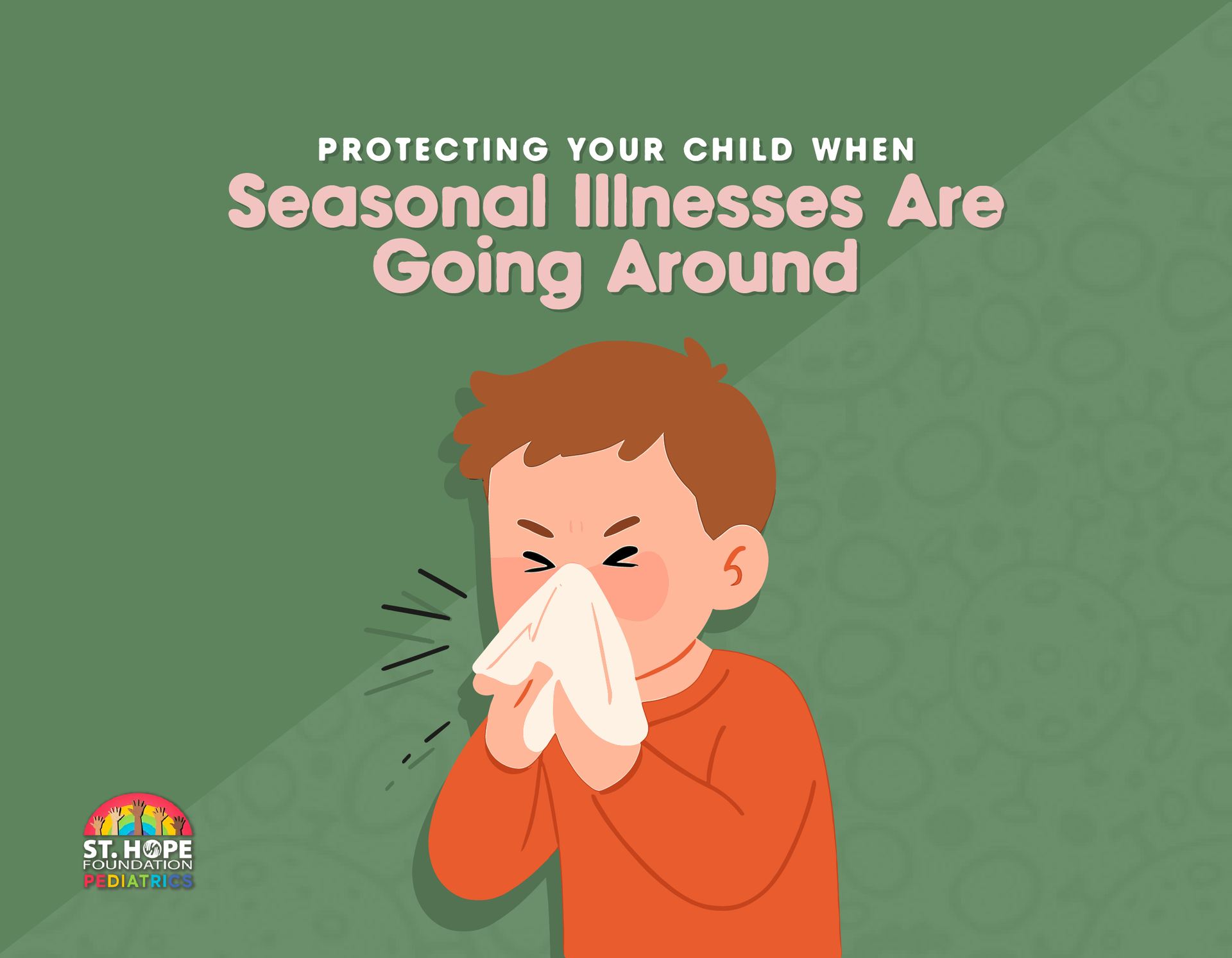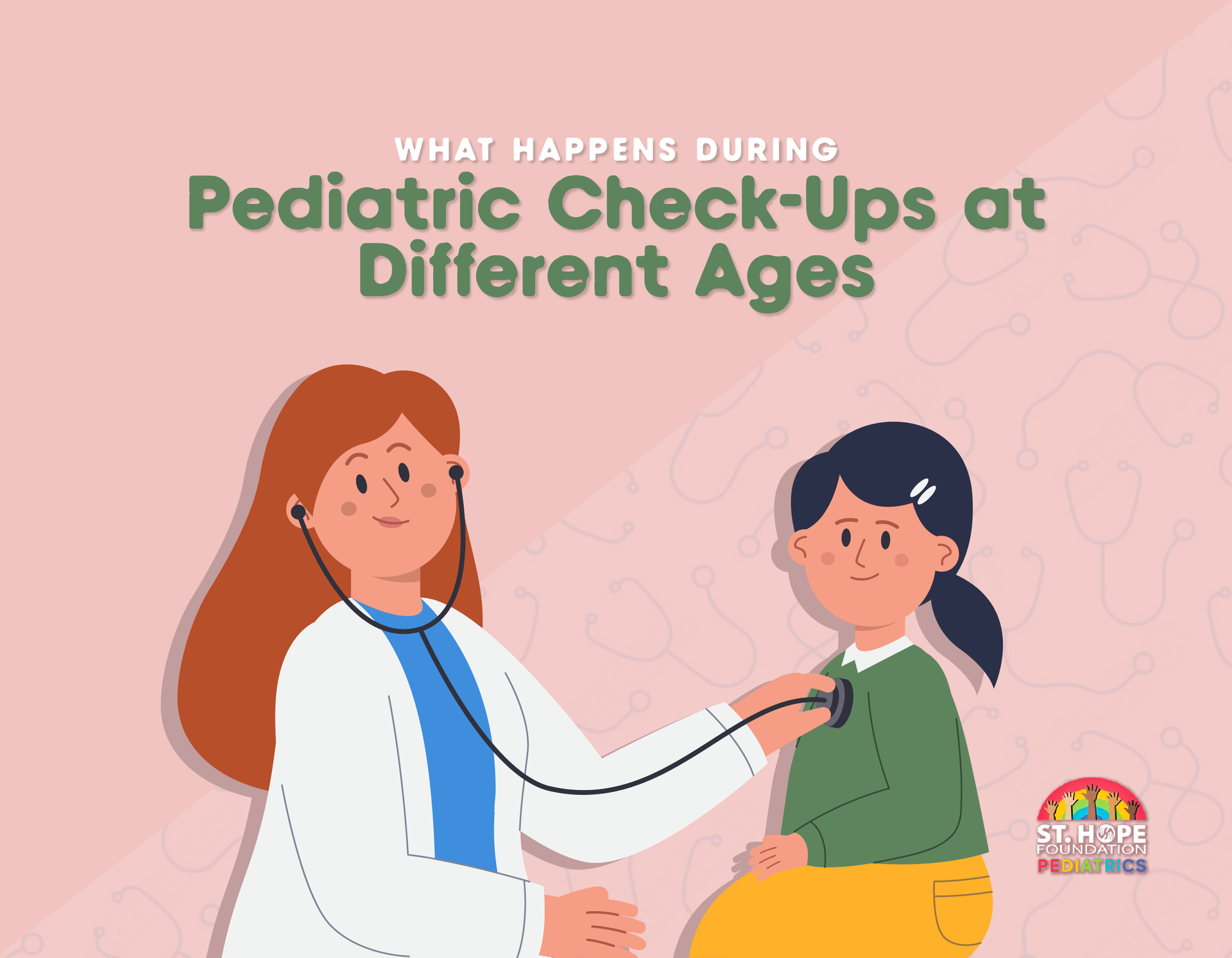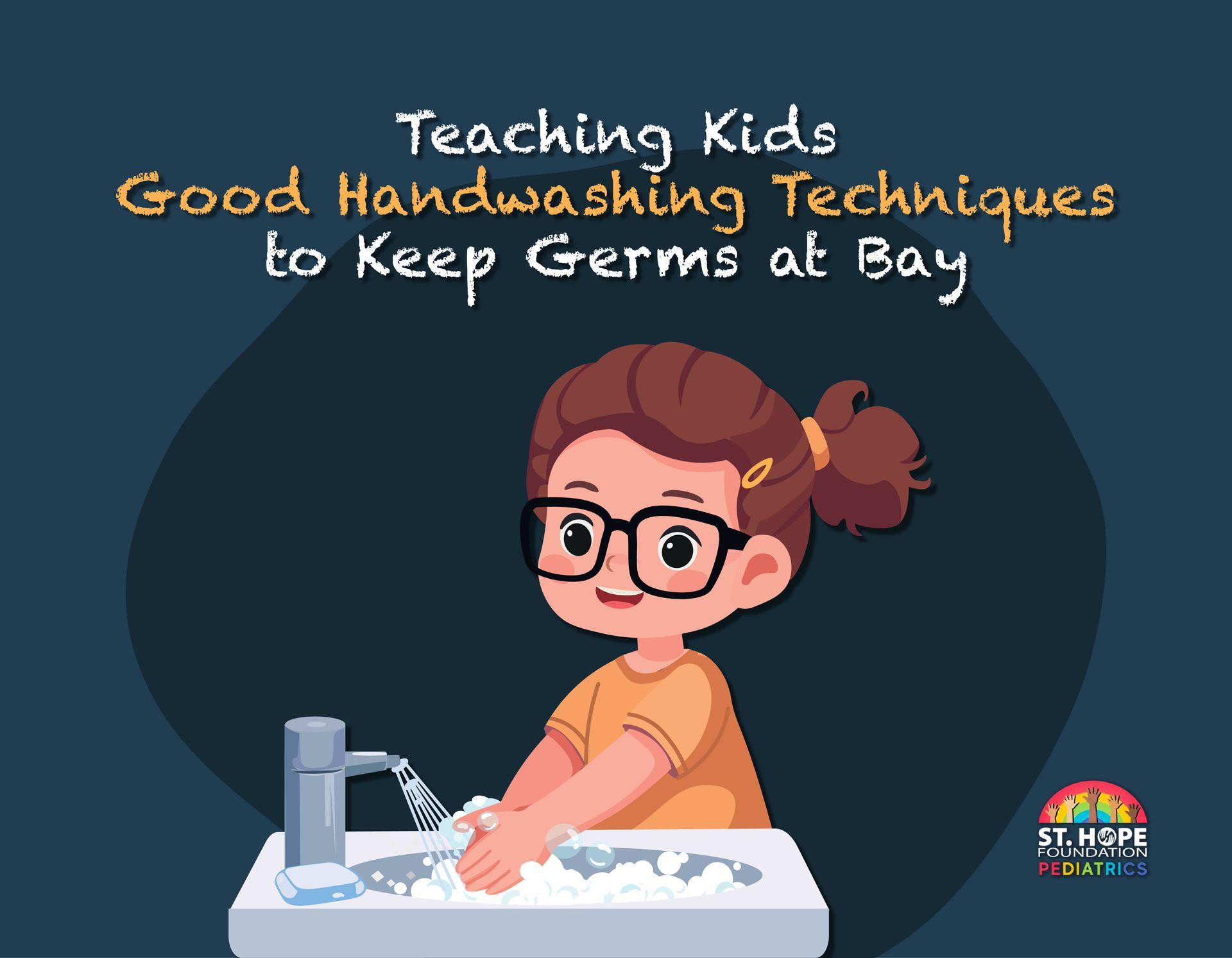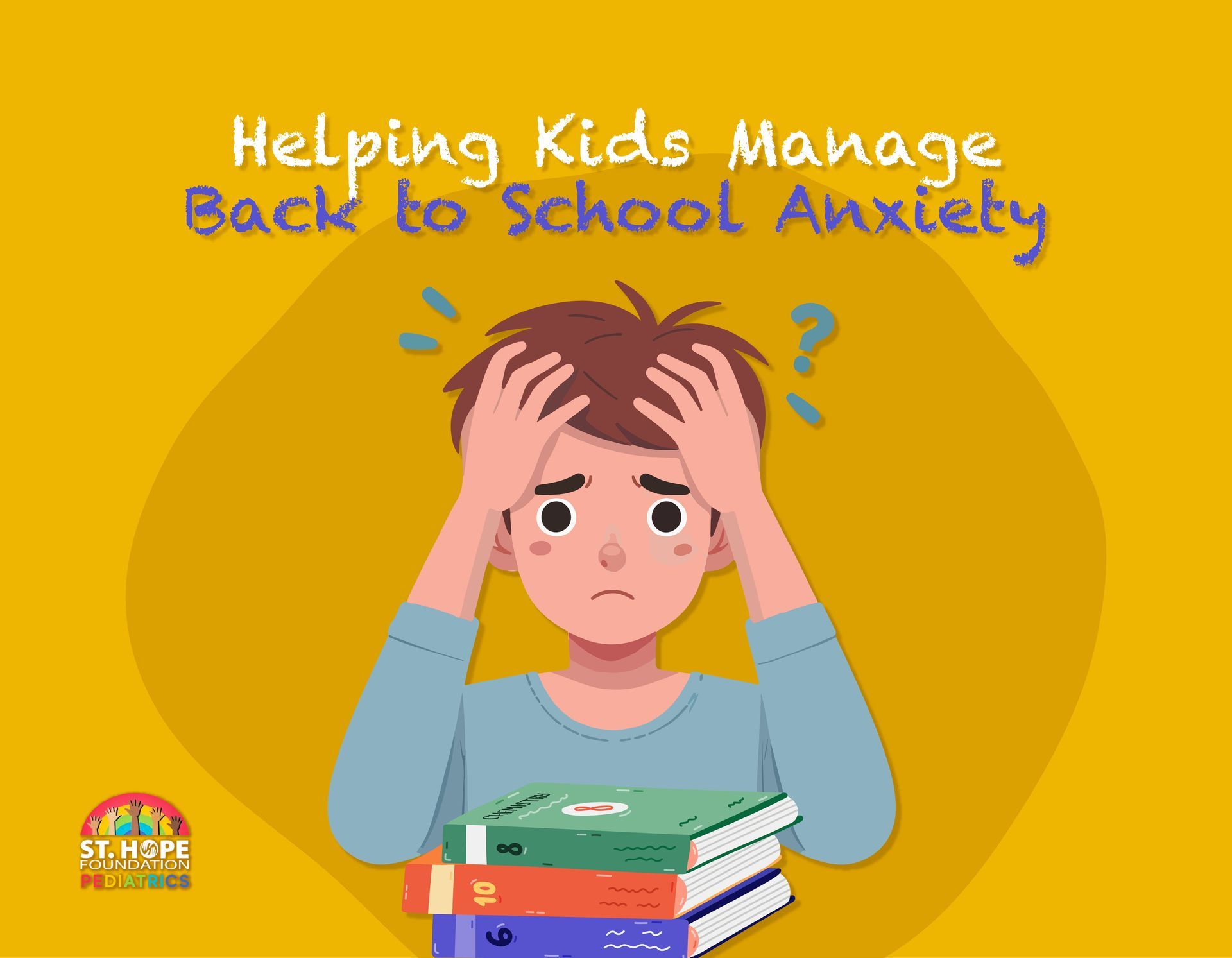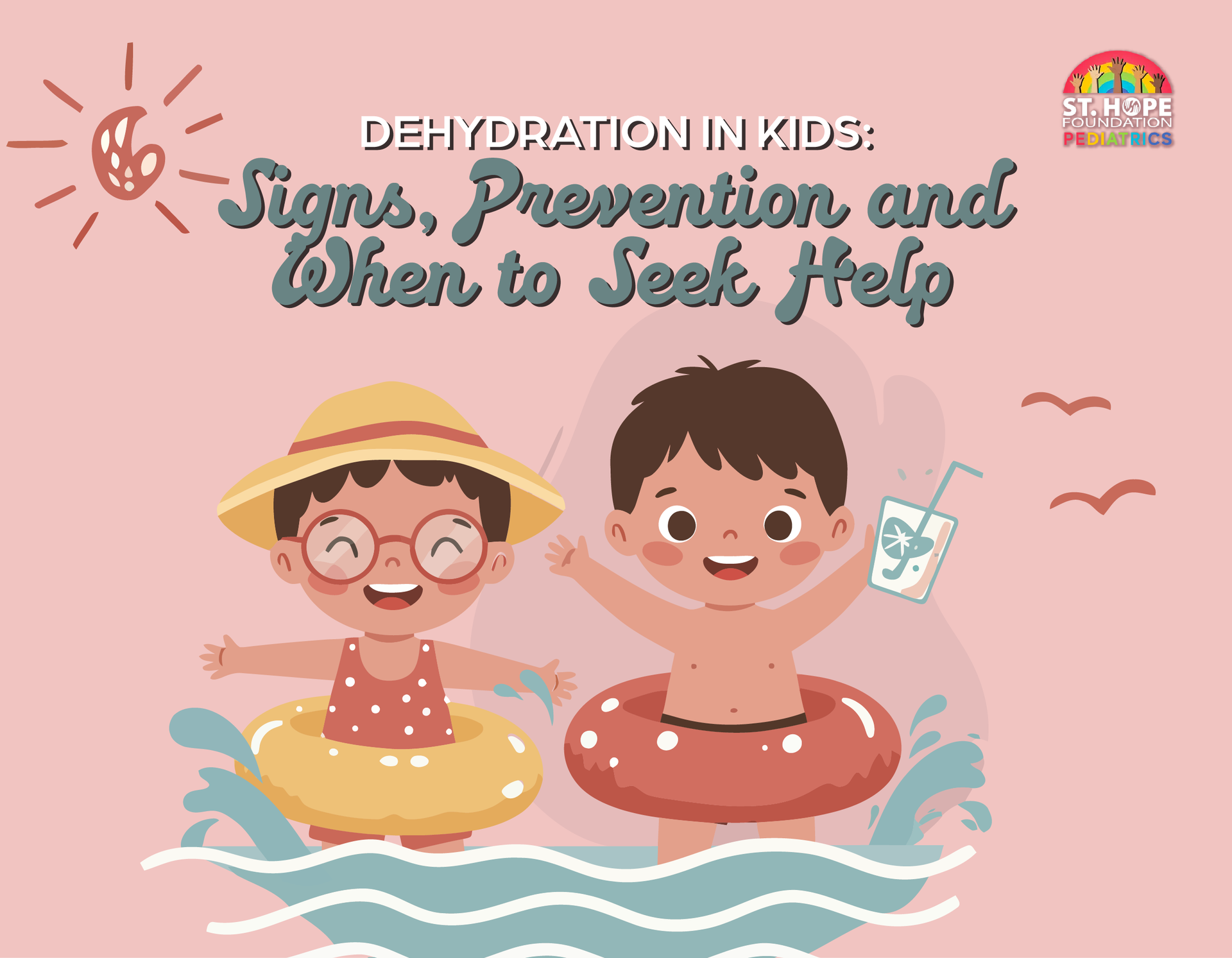
As temperatures rise and kids spend more time playing outdoors, hydration becomes more important than ever. While dehydration can affect anyone, children are especially vulnerable. Their smaller bodies and higher activity levels make them more likely to lose fluids quickly, especially during the hot and humid Houston summer or when they catch a cold, flu or another common childhood illness.
What Is Dehydration?
Dehydration occurs when the body loses more fluids than it takes in. Water is essential for regulating body temperature, supporting organ function, and carrying nutrients. When kids don’t get enough fluids, especially when it’s hot and humid, during physical activity or when they’re sick, they can become dehydrated quickly.
Dehydration in children can range from mild to severe. Recognizing the signs early can prevent complications and support a quick recovery.
Common Causes of Dehydration in Kids
- Hot and humid weather, particularly when combined with outdoor play
- Fever, vomiting or diarrhea
- Increased physical activity without proper hydration
- Not drinking enough water (especially if kids are resistant to drinking plain water)
- Certain medications or medical conditions
Children may not always recognize thirst or may ignore it when distracted by play. That’s why practicing proactive hydration is key for parents and caregivers.
Signs and Symptoms of Dehydration in Children
The signs of dehydration can vary based on the child’s age and the severity of fluid loss. Here’s what to watch for:
Mild to Moderate Dehydration
- Dry mouth and lips
- Less frequent urination (fewer wet diapers in babies)
- Dark yellow urine
- Fatigue or low energy
- Headaches or dizziness
- Irritability or fussiness
- Sunken eyes or lack of tears when crying
Severe Dehydration
- Very dry mouth and tongue
- No urine output for 8 hours or more
- Cool, mottled or dry skin
- Sunken soft spot (in infants)
- Rapid breathing or heartbeat
- Lethargy or confusion
If your child is showing signs of severe dehydration, seek medical attention immediately.
How to Prevent Dehydration in Kids
Encourage Regular Water Breaks
Teach children to drink water even if they don’t feel thirsty, and offer small amounts frequently, especially during active play or exercise. For younger kids, make it fun by using colorful cups or adding slices of fruit for a natural flavor boost.
Stay Ahead of the Heat
Avoid outdoor activities during the hottest parts of the day, and dress your child in lightweight, breathable clothing. Hats, shade and extra water for outings or sports can go a long way in preventing heat-related dehydration.
Rehydrate During Illness
Hydration is especially important when your child is sick with vomiting, diarrhea or a fever. Offer small sips of water, electrolyte-rich fluids or oral rehydration solutions like Pedialyte. Avoid giving them sugary drinks that can make dehydration worse.
Watch Fluid Intake with Meals
Serve water or milk at meals and snacks to keep hydration consistent throughout the day. Water-rich foods like watermelon, oranges, cucumbers and soups are also great additions to support fluid intake, especially for children who resist drinking water.
How Much Water Do Kids Need?
Hydration needs vary by age, activity level and climate. During Houston summer, children should ideally drink more water than the average kid in places that are cooler and dryer. A general rule of thumb:
- Toddlers (1–3 years): 4 cups (1 liter) per day
- Children (4–8 years): 5 cups (1.2 liters) per day
- Older kids (9–13 years): 7–8 cups (1.6–2 liters) per day
These amounts increase with physical activity or in hot weather. Sports drinks can be used occasionally for kids doing prolonged, intense exercise, but water is the healthiest choice most of the time.
When to Seek Medical Help
If you suspect your child is showing symptoms of dehydration and home care isn't helping, it's time to call a healthcare provider. Immediate medical attention is needed if your child:
- Is not urinating or has very dark urine
- Can’t keep fluids down due to vomiting
- Has diarrhea lasting more than 24 hours
- Seems unusually sleepy, confused or weak
- Has a fever along with signs of dehydration
Dehydration can worsen quickly in young children, so trust your instincts. When in doubt, reach out to a pediatric professional or visit a health center, emergency room or urgent care.
Stay Ahead of Dehydration and Instill Good Water-Drinking Habits in Your Kids
If you’re looking for advice on keeping your kids hydrated, healthy and ready to enjoy every season safely, call St. Hope Pediatrics today at (713) 778-1300. You can also schedule an appointment here on our website with one of our experienced pediatric providers.

